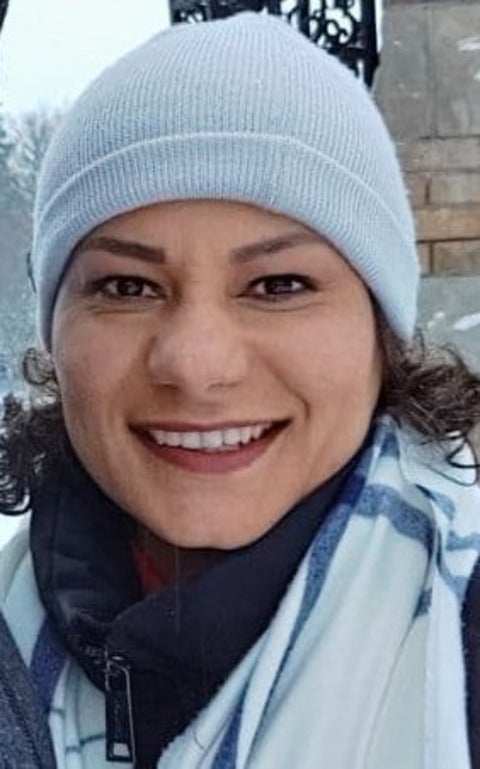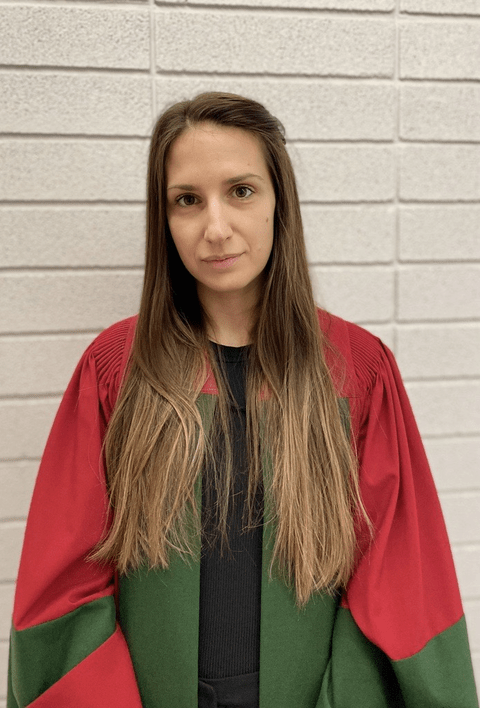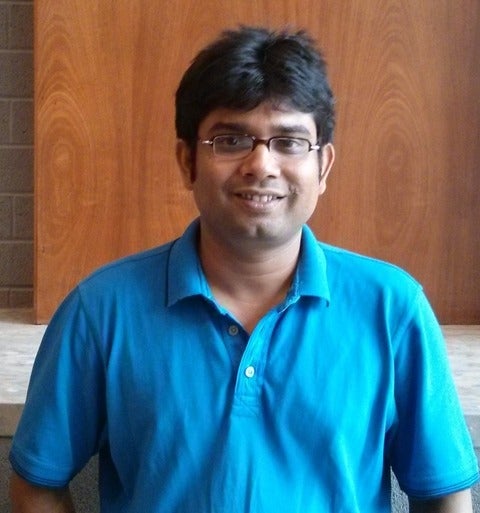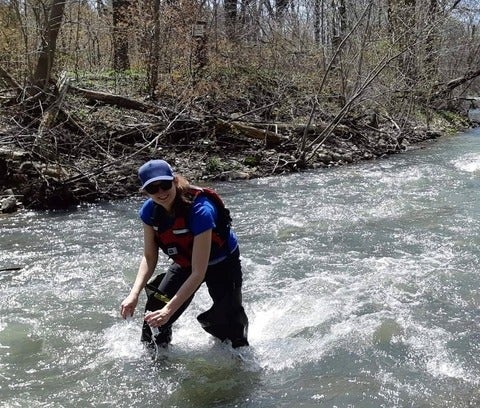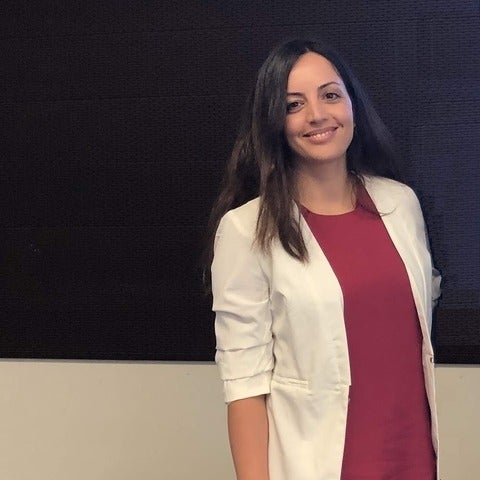I am a research associate in the department of Earth and Environmental Sciences at the University of Waterloo, where my role is to develop models to simulate nutrient cycling in lakes and reservoirs. The focus of my research career has been the study of the effects of anthropogenic activities on the fresh water environment.
Profiles
Filter by:
I am a postdoctoral fellow working on the NSERC-funded project "Adaptive management of green stormwater infrastructure to reduce greenhouse gas emissions from urban watersheds," where I am working on modeling greenhouse gas concentrations and emissions in stormwater ponds and other water bodies using data available in the literature.
Phosphorus is an essential and often limiting nutrient for the growth of plants and phytoplankton. Excessive loads of phosphorus in aquatic environment can result in accelerated eutrophication. Beside the anthropogenic phosphorus input, some internal biogeochemical factors can play role for the mobilization of phosphorus from sediment into surface waters.
My role as a Research Biogeochemist is to support research activities within the research group by fostering collaborations with partner organizations, supporting field and experimental data collection, or drafting and editing manuscripts and reports.
Role: Postdoctoral Fellow
Serghei Bocaniov
Serghei’s primary research interest is to study the interaction between physical and biogeochemical processes in lakes using a combination of numerical modelling and field studies to investigate specific processes of interest, such as:
Xiaochuang Bu
In the Ecohydrology Research Group, I am working on the CLAWAVE project (Chemical load assessments for watersheds: automation and visualization experience), where I employ machine learning tools to reconstruct the trajectory of DOC in Canadian northern rivers, while simultaneously investigating the dynamics of carbon emissions.
